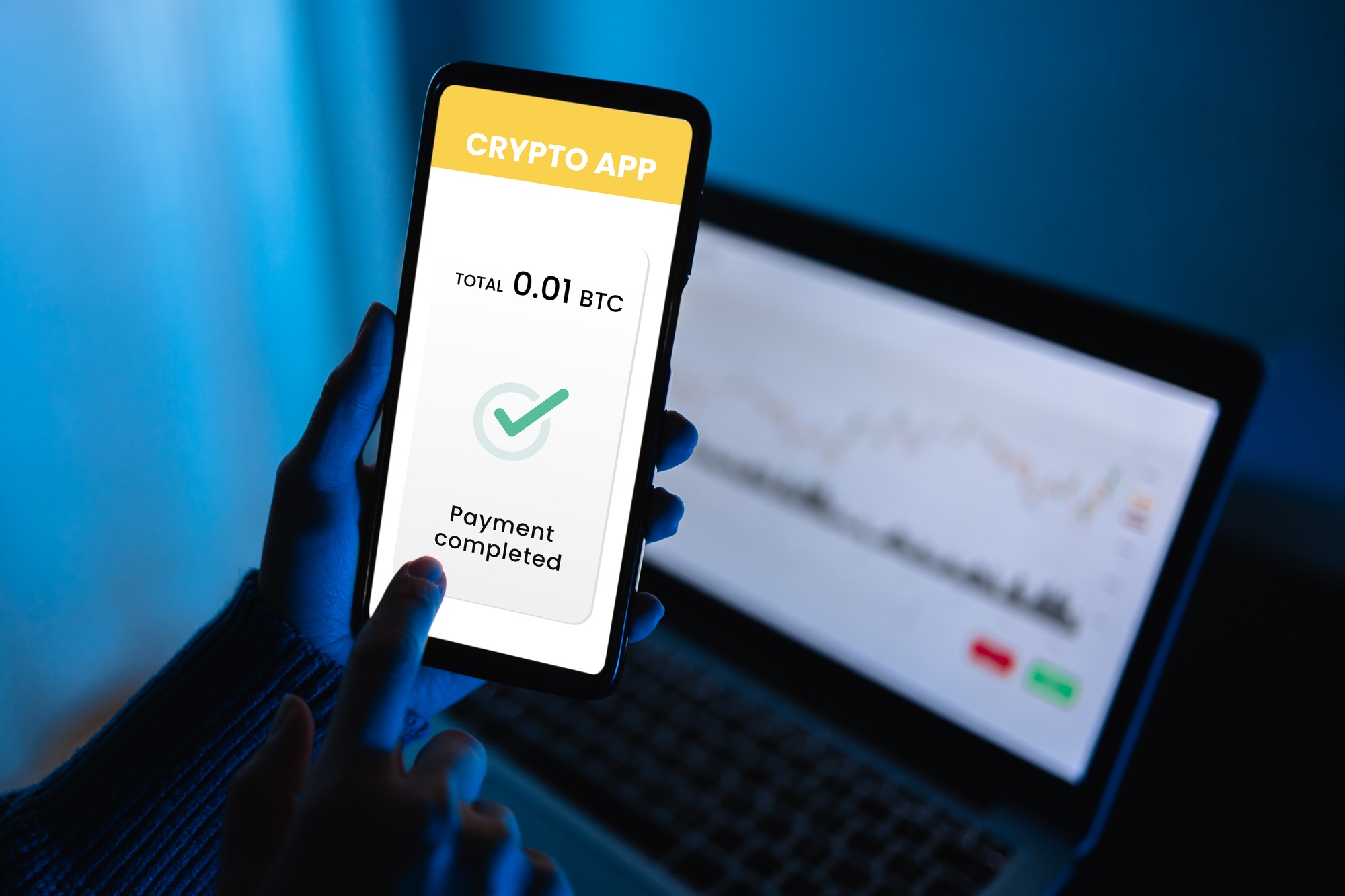Smart contracts are revolutionizing the way cryptocurrency wallets operate, offering users a more secure and flexible alternative to traditional digital wallets. As blockchain adoption spreads and security threats evolve, smart contract wallets are emerging as a game-changing solution for protecting digital assets.
A New Era of Wallet Security
Unlike conventional crypto wallets, which rely heavily on private keys and centralized recovery methods, smart contract wallets are governed by programmable blockchain code. These self-executing contracts can authorize, reject, or automate transactions without human intervention, significantly enhancing protection against theft, fraud, or loss.
Enhanced security is one of the key benefits. By using multi-signature verification, smart contract wallets can require multiple parties to approve a transaction before it is processed. This feature significantly reduces the risk of unauthorized access or internal collusion.
Additionally, users’ private keys can be encrypted and managed within the contract itself, creating an extra layer of defense that’s difficult for hackers to penetrate.
Advanced Recovery Options and User Control
Another major innovation is social recovery, where users can designate trusted individuals to help regain wallet access if credentials are lost. Smart contract wallets also support cloud-based or hardware backups, giving users greater flexibility in safeguarding their assets.
From a usability perspective, these wallets offer greater control over transaction parameters. Users can set spending limits, define custom gas fees, and choose network preferences, tailoring their wallet settings to their personal or business needs.
Not Without Challenges
Despite their promise, smart contract wallets come with trade-offs.
- Complexity: They require a deeper understanding of blockchain operations and often involve interacting with decentralized applications (DApps). For newcomers, this can present a steep learning curve.
- Higher Costs: On networks like Ethereum, where gas fees remain volatile, each transaction or interaction with a smart contract incurs a fee, making smart contract wallets more expensive to use.
- Regulatory Uncertainty: Operating in decentralized environments means these wallets may not fully align with anti-money laundering (AML) or know-your-customer (KYC) rules. As a result, users could face limitations or legal risks, especially in highly regulated jurisdictions.
The Road Ahead
Smart contract wallets are gaining traction as blockchain ecosystems expand and security demands increase. As the technology matures, developers are working to reduce complexity and costs, potentially bringing enterprise-grade security to everyday crypto users.
Still, the balance between innovation and usability remains delicate. For now, smart contract wallets represent a promising yet nuanced advancement, ideal for those seeking greater autonomy, security, and flexibility in managing their digital wealth.







